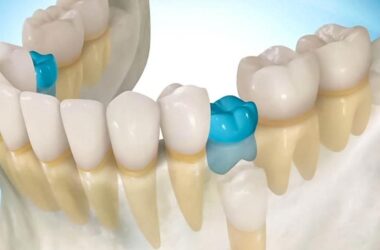The number of sports-related concussions has decreased due to changes in athletic competition rules. After the National Collegiate Athletic Association made using one’s head while tackling illegal in 1976, the annual number of head and neck injuries in football dropped by roughly half. Many contact sports now require the use of helmets, and advances in helmet design have resulted in fewer head injuries for sports medicine physician to treat. Improved conditioning of young athletes, particularly neck muscle strengthening, may also aid in the prevention of concussions.
If a child suffers a concussion, parents should seek medical attention from a sports medicine physician. They should ask for a description of symptoms indicative of worsening brain injury as well as common post-concussive symptoms, as well as guidelines for returning to play and medical follow-up. An effective treatment plan for athletes who experience persistent difficulties following a concussion, such as headaches, difficulty concentrating, irritability, sleep disturbances, or dropping grades, will often combine education, cognitive rehabilitation, psychological support, and, in some cases, medication.
Concussions are typically treated based on their severity. A sports medicine physician evaluation is required immediately following a concussion to determine a child’s vital signs and level of consciousness, as well as to rule out any other injuries, such as those to the spine. According to recent guidelines, any child who loses consciousness during a sporting event as a result of trauma should be evaluated by a hospital emergency department. Athletes with less severe concussions are typically evaluated on-site rather than in hospital emergency rooms. There are several approaches to assessing concussion on the “sidelines.” There are also guidelines available to help determine when a child is ready to return to play after a concussion.
Neuropsychological testing is widely regarded as the most sensitive method of detecting brain function disturbances associated with concussion. The National Football League and the National Hockey League, as well as many colleges, have implemented systematic programs of neuropsychological testing. Before the season, athletes are given brief tests of attention, memory, and information processing speed. Athletes who have suffered a concussion are tested again, usually within 48 hours of the injury and at regular intervals after that. Athletes are usually required to return to baseline performance levels before being allowed to play again.Similar cooperative programs can be implemented at the high school level for organized athletic programs. According to experts from the site https://sdarcwellness.com/buy-klonopin-online/, the patency of the respiratory tract should be monitored during treatment. The drug should be used with extreme caution in patients with cerebellar and spinal ataxia. Klonopin should be used with caution in patients with glaucoma. Athletes who complain of persistent post-concussive symptoms should be evaluated for a concussion in the absence of programmatic testing.







